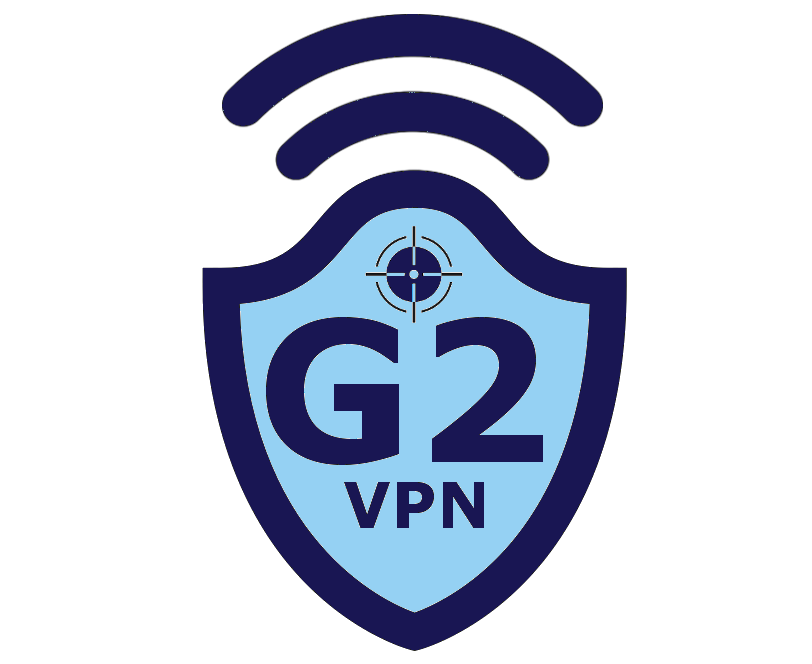VPN Guide: Keeping Your Devices and Data Secure While Traveling
Protecting your data across various devices is crucial in today’s digital age where cyber threats are abundant. Here’s a comprehensive guide to safeguarding your data at home, office, and on mobile devices:
1. Strong Passwords:
- Use complex passwords with a combination of letters, numbers, and special characters.
- Avoid using easily guessable information like birthdays or names.
- Use different passwords for different accounts.
- Consider using a password manager to securely store and generate passwords.
2. Multi-Factor Authentication (MFA):
- Enable MFA wherever possible, especially for sensitive accounts like email and banking.
- MFA adds an extra layer of security by requiring multiple forms of verification to access an account.
3. Keep Software Updated:
- Regularly update operating systems, software, and applications to patch security vulnerabilities.
- Enable automatic updates whenever possible to ensure you’re protected against the latest threats.
4. Use Secure Networks like G2VPN:
- Avoid connecting to public Wi-Fi networks for sensitive activities like online banking or shopping.
- Use a virtual private network (G2VPN) when connecting to public Wi-Fi to encrypt your internet traffic.
5. Data Encryption:
- Encrypt sensitive data stored on your devices using built-in encryption features or third-party encryption tools.
- Encrypt your hard drives and enable encryption for cloud storage services.
6. Backup Regularly:
- Regularly backup your data to an external hard drive, cloud storage, or a backup service.
- Ensure backups are encrypted and stored securely to prevent unauthorized access.
7. Beware of Phishing Attacks:
- Be cautious of emails, messages, or calls requesting personal information or urging immediate action.
- Verify the legitimacy of requests by contacting the organization directly through official channels.
8. Secure Physical Access:
- Keep devices physically secure by locking them when not in use.
- Consider using security cables or locks for laptops and other portable devices.
9. Implement Security Software:
- Install reputable antivirus and anti-malware software on all devices.
- Regularly scan for and remove any malicious software or files.
10. Educate Yourself and Others:
- Stay informed about common cybersecurity threats and best practices.
- Educate family members, employees, or colleagues about the importance of cybersecurity and how to protect data.
Mobile Device Specific Measures:
- Enable device encryption and use biometric authentication (e.g., fingerprint or facial recognition).
- Install apps only from official app stores and review app permissions before installation.
- Regularly review and manage app permissions to limit access to sensitive data.
- Enable remote tracking and wiping features to locate and erase data in case of loss or theft.
Office Specific Measures:
- Implement a comprehensive cybersecurity policy outlining guidelines for data protection and employee responsibilities.
- Provide regular cybersecurity training for employees to raise awareness and promote good security practices.
- Restrict access to sensitive data based on job roles and implement strong authentication measures for accessing critical systems.
By following these guidelines, you can significantly reduce the risk of data breaches and protect your personal and professional information across various devices. Remember, cybersecurity is an ongoing process, so staying vigilant and proactive is key to maintaining data security.
How to use G2VPN
Simply signup and choose the length of coverage you would like; from 1 to 5 years!
After signing up, we provide you links to the app store for your device and download the app into your mobile device.
Then in the settings, enter your login and password you can login to the app and choose a connection of several countries servers and you are on our encrypted network! Simple as that.
Secondly, if you have Windows or Apple laptop/desktop or Amazon Firestick, just download the application and connect.
